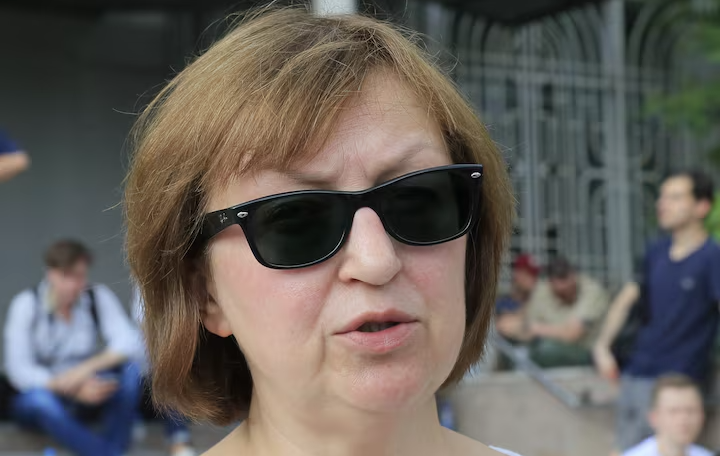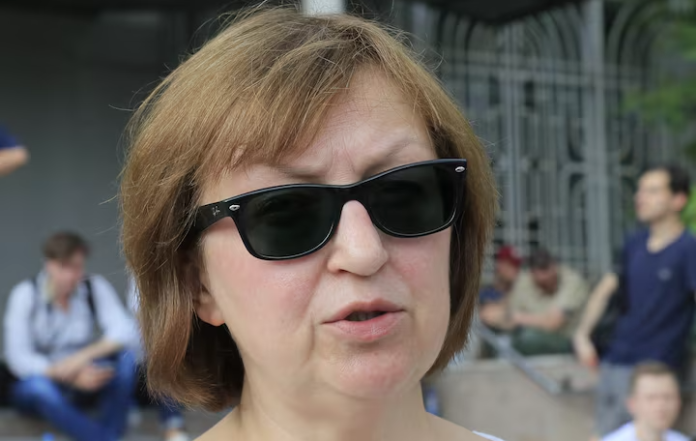Russia has opened a criminal case against Galina Timchenko, the CEO and co-founder of Meduza, a Latvia-based independent news outlet known for its critical coverage of the Ukraine war. The country’s Investigative Committee, which handles serious criminal matters, announced the decision on Tuesday, intensifying its crackdown on dissenting voices abroad.
Timchenko, a Russian-born journalist who previously led major media outlets within Russia, now faces up to six years in prison if convicted. The charges accuse her of organizing the operations of an “undesirable organization” and allegedly sharing video content aimed at encouraging protest and public involvement in such organizations.
The “undesirable organization” label is often used by Russian authorities to suppress independent and foreign-based organizations they claim threaten national security or the constitutional order. Once labeled as such, the group and anyone affiliated with it can face heavy penalties, including dissolution, fines, or imprisonment.
Meduza, founded in 2014 and operating from Latvia, has become one of the few remaining sources of independent Russian-language journalism. Its reporting on Russia’s full-scale invasion of Ukraine, government corruption, and human rights abuses has made it a frequent target of the Kremlin’s efforts to silence critics.
This isn’t the first time Timchenko has been targeted. In 2023, Russian authorities designated her a “foreign agent,” a Soviet-era term that stigmatizes individuals and organizations, subjecting them to strict reporting rules and intense scrutiny. Hundreds of Russians—journalists, activists, and ordinary citizens—have received this label since the war began.
Since Russia’s invasion of Ukraine in February 2022, the government has passed sweeping laws aimed at crushing public dissent. These include penalties for spreading “false information” about the Russian military or even criticizing the war, with violators facing steep fines or prison sentences.

Despite relocating operations outside of Russia, Meduza continues to report on the war and Russian affairs, often relying on anonymous sources within the country to bypass state censorship. The organization remains a vital window into what’s happening inside Putin’s Russia.
International human rights organizations have condemned Moscow’s use of vague laws to silence journalists and political opponents. Timchenko’s case is seen as part of a broader strategy to intimidate independent media—even those operating in exile.
As pressure on journalists grows, the future of press freedom in and around Russia remains uncertain. For now, figures like Galina Timchenko symbolize the resistance of free speech against authoritarian control.



